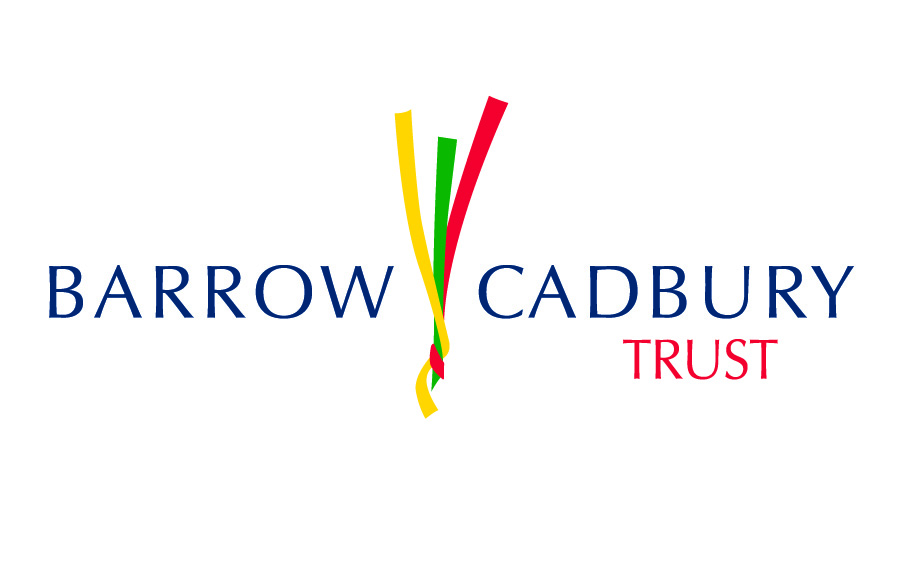We should keep business out of politics, Professor John Kay, told a High pay Centre event to launch our collection of essays on Corporate Power.
 “The business of business is business,” said Prof Kay. We should not allow business leaders to determine what is good policy for the public.
“The business of business is business,” said Prof Kay. We should not allow business leaders to determine what is good policy for the public.
Trust in business has fallen sharply since the financial crisis and there is a perception among the electorate that business wields too much power in Westminster.
The High Pay Centre has come across the influence of the corporate lobby in our discussions with politicians about tackling excessive executive pay. Policymakers are reluctant to take any action that would upset the strong business lobby.
Prof Kay cited a case in the US in the 1870’s where a lobbyist had been hired by a company that subsequently refused to pay him as they didn’t like the outcome. The lobbyist sued the company.The case went to the Supreme court that took the view that lobbying was so repugnant, the contract was unenforceable.
He contrasted this with a decision by the US Supreme court in 2010 that took the view that lobbying was protected free speech.
Prof Kay said we need to return the culture to one were lobbying is regarded as contemptible. He also criticised the failure to make a distinction between big business and the people who run big business. “These large corporations have not been run in the interests of business, but in the interests of the senior employees in the corporation.”
Shareholders are put at the heart of a company’s agenda. But Janet Williamson from the TUC called for their interests to be on a par with other beneficiaries such as employees. “Democracy is sadly lacking in the workplace,” she said.
Democracy was a theme picked up by Tamasin Cave from Spinwatch. She called for a genuine register of lobbyists’ interests in parliament, saying the current one being introduced by the government would capture only a tiny number of meetings that take place. “The best form of lobbying is that which goes on in secret, if we can find out about, for example, lobbying by US private healthcare providers for changes to the NHS, we can have a proper debate about the issues.”
Our collection of essays focuses on different aspects of corporate power from the structure of companies and corporate governance to lobbying and tax avoidance. Writers are: Simon Caulkin, Dina Medland, Stefan Stern, Richard Murphy and Tamasin Cave.
We have also made a video.
Have your say on twitter: @HighPayCentre #CorporatePower
The High Pay Centre would like to thank the Barrow Cadbury trust for funding the project
